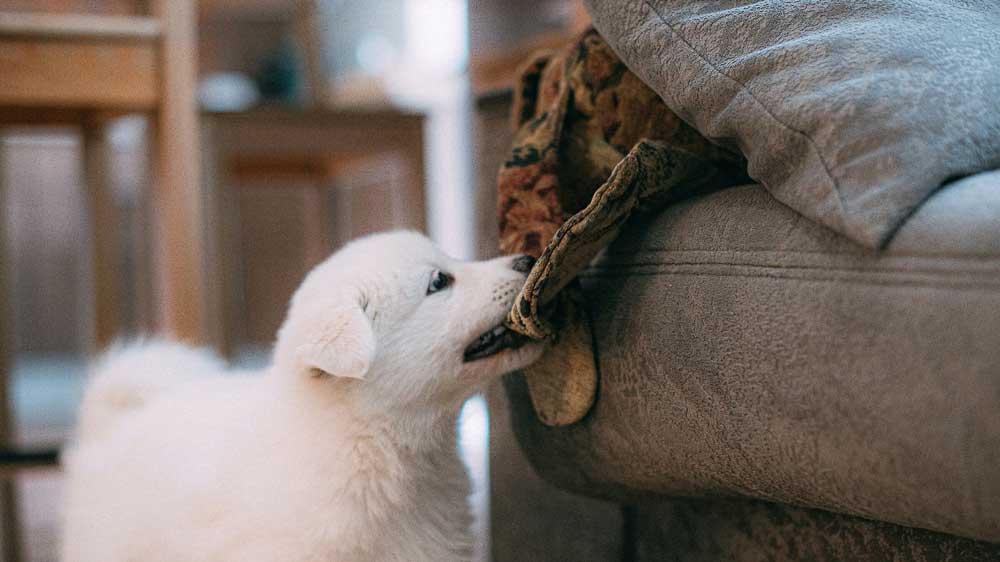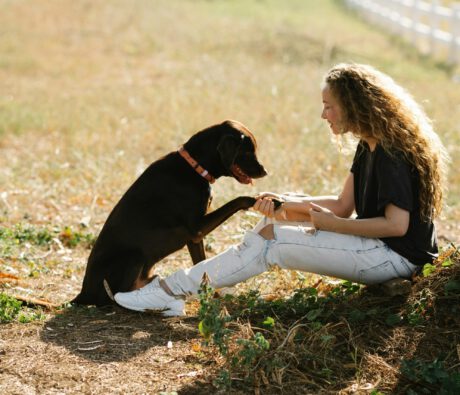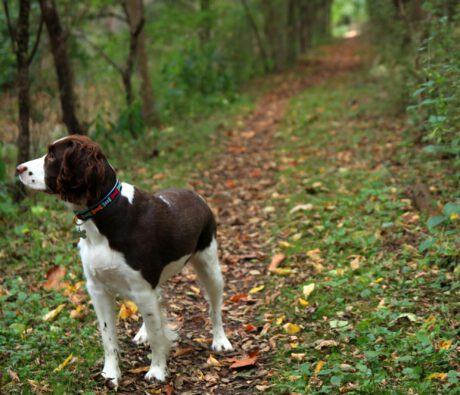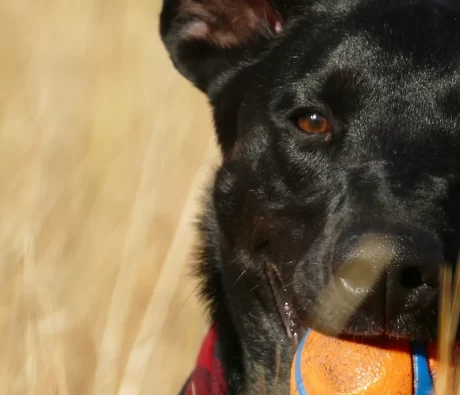It’s an absolute joy for family members when they get a new puppy. Usually, puppies are quite young and require lots of care and training. With the right training, a new puppy can become a well-behaved member of the family.
Here are some tips:
Teach good habits from the start:
In order for your puppy to learn good habits, be mindful of the behaviours that you encourage. For instance, if he usually greets you whenever you enter the door by jumping on you, and in return you sweet talk and pet him, he will learn that jumping is what gets positive attention and will jump on every person who walks through the door. This might be cute when he’s little but becomes a problem when he’s bigger. To prevent this habit from developing, ignore your puppy when you get home. Give him attention only when he is calm and not demanding it.
Use proper equipment:
A well-fitted collar and leash are a must for training and safety during outdoor excursions. Avoid chain leashes; a soft cotton leash is a better alternative. Avoid taking long walks when your puppy is young. Play is the most important exercise.
Provide lots of safe entertainment:
Like children, puppies require more entertainment than adult dogs. A sandbox provides a wonderful place for a puppy to dig, romp, and even rest. Stock the box with several safe toys like a Kong or treat ball. Chewing is an important part of a pup’s development.

Ensure adequate nutrition:
Some behavioural problems can be traced to a poor diet. Check that the food you are providing has proper nutrition with meat ingredients being primary and minimal added grains or meat by-products.
Be a leader:
Who do you want to be the alpha dog in your home? Puppies, even when they are very young, are trying to figure out who is in charge and if they can manipulate you. Establish some rules early on before your older puppy starts testing you and you find her difficult to control.
Expose to new things:
A new puppy should be exposed to traffic, children playing, dogs barking, vacuum cleaners and other, everyday stimuli. She should learn to tolerate without chasing or barking at them. Be careful that any dog your puppy meets is fully vaccinated and the greeting is calm and controlled so she doesn’t have a bad experience.
Find a Trainer
Want to learn more, or begin training? We can help, let us find the trainer nearest you so that you can reach out to them directly.
More Reading
Meet the “E” of our A-Z Breed Series: The English Springer Spaniel!
The English Springer Spaniel is an energetic, affectionate, and intelligent breed, which makes them an excellent companion for active families! Their buoyant personality does, however, mean they…
Will Training Change Your Dog’s Personality?
If you’ve been under the assumption that you’d simply have to live with your dog’s frustrating behaviours, for fear that training would take away their fun-loving…






